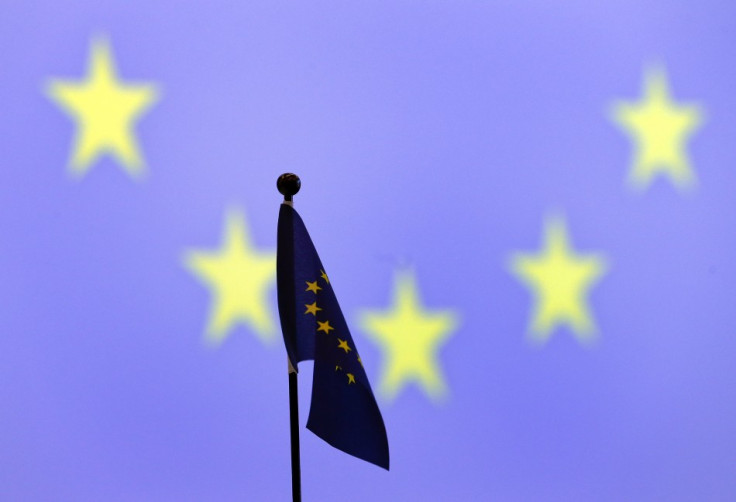Eurozone Members Fail to Clinch Banking Union Deal

European finance ministers have not yet agreed on specific protocols to deal with struggling banks following marathon negotiations in Brussels - part of an overarching reform of the European financial arena and its banks.
The ministers will meet again next Wednesday to finish thrashing out details on how European countries could share the costs of winding down failing banks.
"We did not finish. We agreed to reconvene next week," said Lithuanian Finance Minister Rimantas Sadzius who chaired the talks.
"We have come a long way," German Finance Minister Wolfgang Schaeuble said.
All countries now accept the principle that if banks "get into difficulty, then it will not be the taxpayer but the investors and creditors that bear the costs," Schaeuble said.
There has been a sense of urgency among EU policymakers to agree a deal before a year-end deadline, and parliamentary elections in Europe in May 2014.
Germany has been reluctant to provide direct financial assistance to weaker eurozone members through a banking union, stating that countries must shoulder their own economic burdens individually.
Germany has also complicated matters by calling for a new treaty agreement between governments in the scheme - a step that would be cumbersome and time-consuming.
Schaeuble said the German prerogative was to protect taxpayers, and that the time for bailout was over.
The aim is to iron disagreements in the banking union prior to a two-day summit on 19-20 December, which is meant to seal a deal before the year-end deadline.
© Copyright IBTimes 2025. All rights reserved.






















